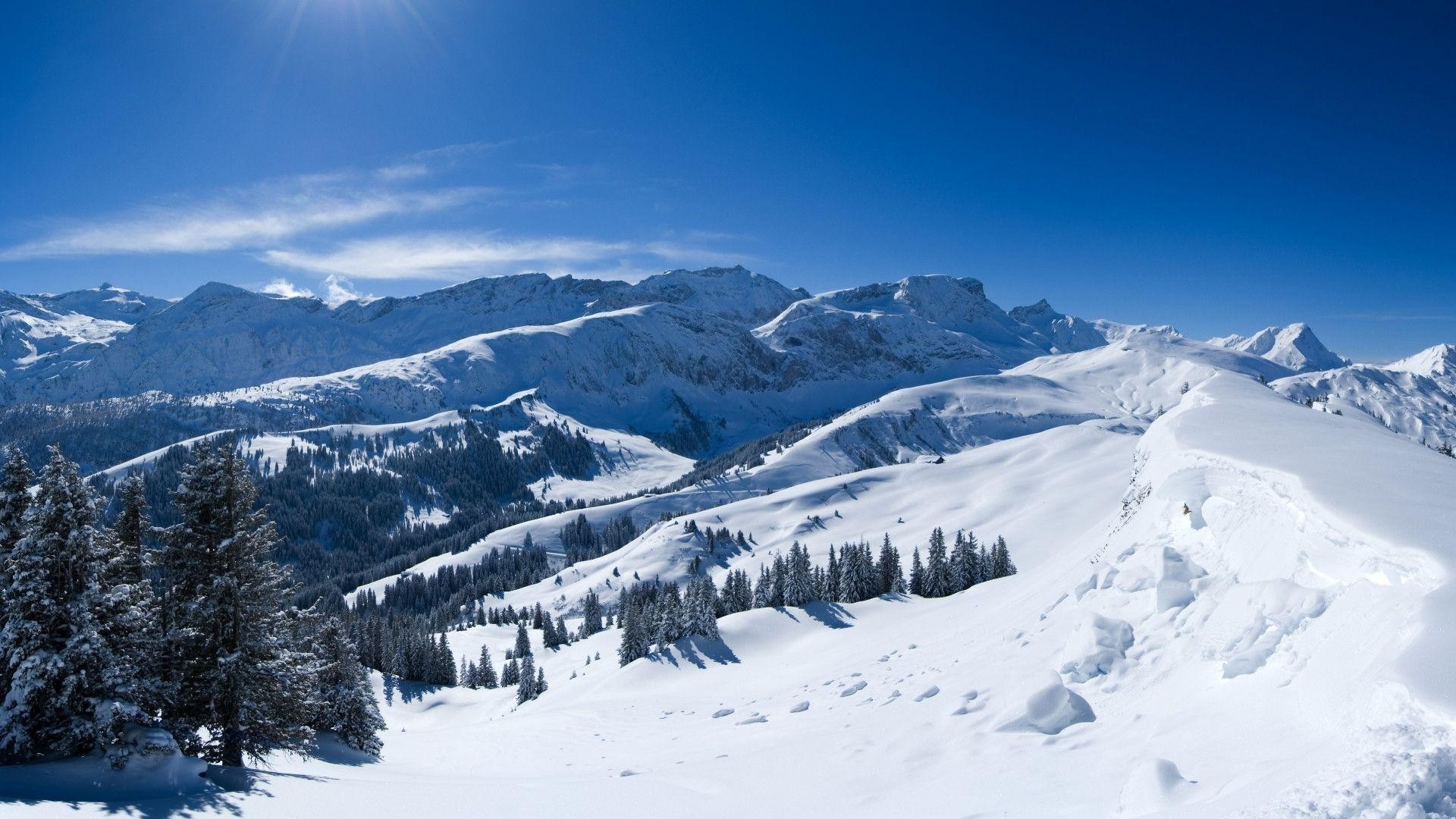 Misinformation about climate change is everywhere, from casual conversations to political debates. These myths don’t just distort the truth; they delay action at a time when urgency is critical. Let’s break down 10 common arguments you might encounter in conversations about climate, and why they don’t hold up against science.
Misinformation about climate change is everywhere, from casual conversations to political debates. These myths don’t just distort the truth; they delay action at a time when urgency is critical. Let’s break down 10 common arguments you might encounter in conversations about climate, and why they don’t hold up against science.
“The earth is constantly changing, this is just part of the cycle.”
Yes, the earth’s climate has never been completely stable, and it has shifted over its 4.5 billion year history. However, those shifts unfolded over vast ecological timescales. What we are experiencing now is unprecedented. The accelerated rise of global temperatures since the Industrial Revolution in the 1880s has been driven by human activity, natural cycles alone cannot explain the speed and scale of today’s warming.
“Climate modelling is unreliable”
Critics often dismiss climate models as guesswork. But in reality, these models are celebrated for their accuracy. Predictions made decades ago have closely matched observed global temperature trends. Far from being unreliable, climate models are one of the most powerful tools scientists have to understand and prepare for our future.
“It’s cold outside, so global warming isn’t real”
Weather and climate are not the same. Weather fluctuates daily and seasonally, while climate reflects long?term patterns. A snowstorm or cold snap doesn’t disprove global warming; it’s simply part of short?term variability. The broader climate trend shows unmistakable warming across the globe.
“Volcanoes emit more CO2 than human activity”
This is completely false. Human activities release over 100 times more CO? annually than all volcanic activity combined. Without a doubt, fossil fuel combustion is the dominant driver of rising greenhouse gas levels in the atmosphere.
“It’s not that bad, the impacts are exaggerated”
Even small increases in average temperature can trigger catastrophic consequences. Exceeding 1.5°C could mean widespread droughts, flooding, famine, wildfires, and mass loss of species and ecosystems. These aren’t exaggerations; they’re evidence?based projections from scientists worldwide.
“Heatwaves and wildfires have nothing to do with the climate”
Evidence shows that heat waves have risen sharply since the 1950s, with human?induced warming as the main cause. Rising temperatures create hotter, drier conditions that fuel wildfires, making them spread faster and last longer. The wildfire season itself is expanding due to prolonged droughts. Climate change is making these extreme events more frequent and intense.
“Climate change is a distant problem”
While some species can adapt or migrate, most will not be able to adapt quickly enough to keep up with the rapidly changing climate. Habitat destruction from human development exacerbated this situation. For those who cannot move or adapt, the future is looking increasingly bleak.
“Species will just have to adapt”
Many assume its impacts will only be felt in the future. In reality, climate change is already causing record-breaking heatwaves, floods, and wildfires across the globe. According to UNEP, April 2024 marked the 11th consecutive month of record global temperatures.
“It’s not economically viable to tackle climate change, it’s too expensive”
Inaction is far more costly. Extreme weather events, health impacts, and infrastructure damage already cost billions annually. Transitioning to clean energy and resilient systems saves money long-term.
“There’s nothing we can do”
This fatalistic view is one of the most dangerous myths. While the challenge is immense, action is still possible. Limiting global temperature rise will mitigate the worst of climate change impacts. Every fraction of a degree matters, and collective action can make a measurable difference.
Expose the myths, embrace the facts, and act now
Climate myths may sound convincing, but the science is clear: human?driven climate change is real, urgent, and dangerous. By exposing misinformation and focusing on facts, we empower ourselves to take meaningful action. The sooner we act, the better chance we have to protect people, wildlife, and the planet we all share.






